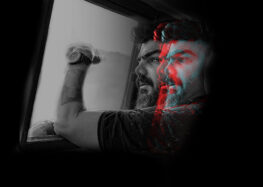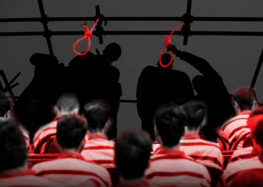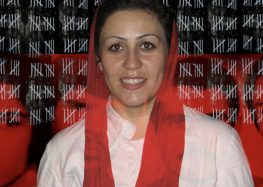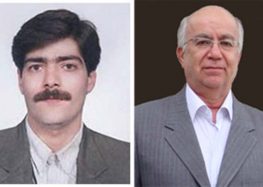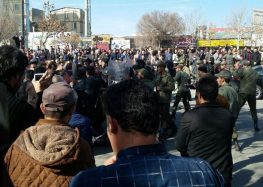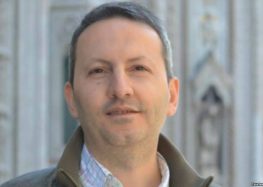Supreme Court Unlawfully Confirms Kurdish Prisoner’s Execution

Shirkoo Moarefi has been in prison since 2008. He has embarked on hunger strike various times since then to protest his death sentence and his conditions in prison.
Shirkoo Moarefi, a Kurdish political prisoner on death row, has embarked on hunger strike to protest the ambiguous legal status of his. Saeed Sheikhi, Moarefi’s lawyer, told the International Campaign for Human Rights in Iran that the Supreme Court unlawfully intervened in his client’s case.
On 30 September 2008, authorities arrested Shirkoo Moarefi on the Iran-Iraq border, while he was attempting to return to Iran from Iraqi Kurdistan. He was sentenced to death on the charge of “moharebeh,” or enmity with God and “acting against national security.” Under Iran’s penal code, moharebeh is meant to criminalize acts of armed action against the government.
“The confirmation of his sentence was against clear legal principles and it is final and since it was issued last year, none of my objections have been addressed … The Supreme Court should have never been involved in this case,” said Saeed Sheikhi, adding that his client’s execution may be carried out at any moment.
Sheikhi explained that a lower court in Saghez initially issued Moarefi’s death sentence. Sheikhi took on the case at the appeals level, a request that Branch 4 Four of Saghez Appeals Court rejected. When Sheikhi requested a retrial, the Supreme Court confirmed the execution sentence once again.
“Using Article 18, we then asked the Head of the Judiciary and the General Prosecutor to review the sentence. Fortunately, the Head of the Judiciary recognized the death sentence as against Sharia law and ordered a retrial,” added Sheikhi.
On 4 April 2012, Shirkoo Moarefi embarked on a hunger strike in Saghez Prison, where he is currently being held. Moarefi has repeatedly embarked on hunger strikes to protest his conditions and his sentence.
According to the Iranian judicial process, Sheikhi said, the case should have been sent to a court that was lateral to the initial court, but instead the Supreme Court intervened in the process. “The Supreme Court can only review cases in two instances, when a ruling is issued in an appeals court and the Supreme Court is asked for assistance, or when when a case is referred to them under extraordinary circumstances, none of which were valid in Shirkoo’s case.”
Saeed Sheikhi told the Campaign that despite his many objections, his client’s death sentence has not been adequately reviewed. “After the sentence was confirmed again, I objected again to the Prosecutor General, Head of the Judiciary, and the Prosecutor at the Saghez Revolutionary Court, but my objections remain unaddressed.”

